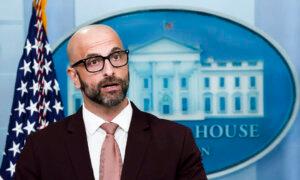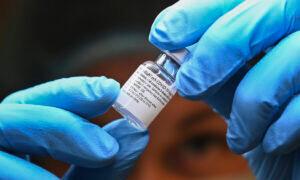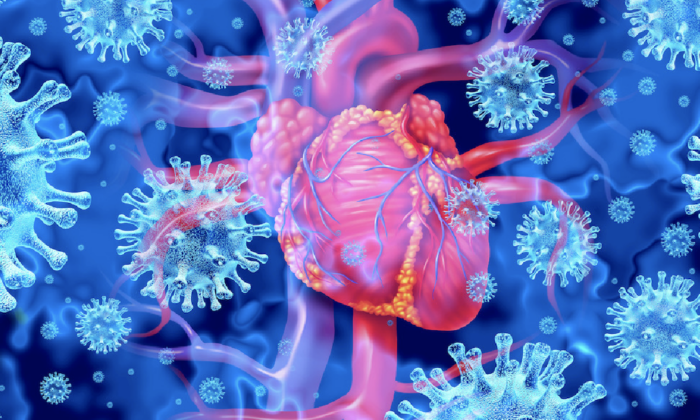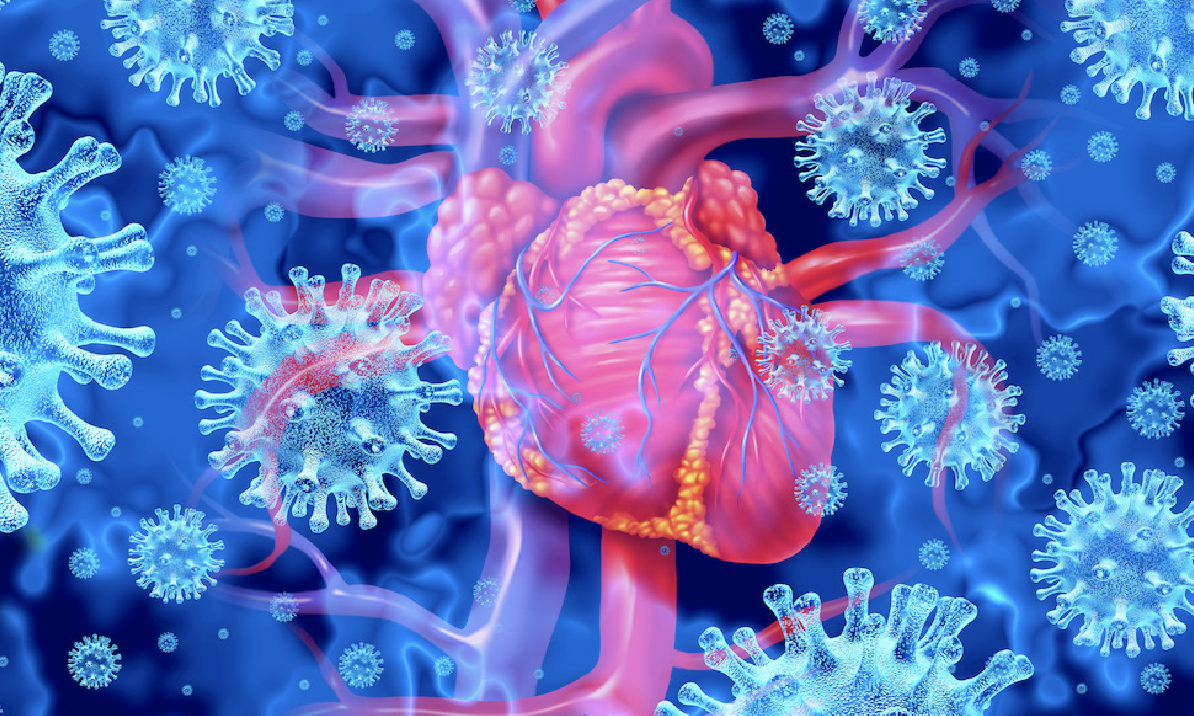Study Finds Increasing Time Between COVID Vaccine Doses Reduces Risk of Myocarditis, Yet Cardiologists Raise Concerns
Expert says adolescents do not have trouble with COVID-19 and are being subjected to higher risk than benefit by being vaccinated.
New research suggests increasing the interval between vaccine doses or using a single dose may significantly lower the risk of heart inflammation caused by mRNA COVID-19 vaccines. Yet some cardiologists are concerned about asymptotic myocarditis and say any risk of heart inflammation in a population group that’s not at risk of experiencing severe COVID-19 is too much.
Researchers compared the risk of carditis between standard and extended interdose intervals in 12- to 17-year-olds who received two doses of Pfizer’s COVID-19 vaccine.
Among 143,636 adolescents who received at least one dose of Pfizer’s COVID-19 vaccine, 130,970 (91 percent) received a second dose. Approximately 43 percent of these adolescents received their second dose at an extended interval. During the study period, a total of 84 adolescents were hospitalized for conditions related to heart inflammation within 28 days of the second vaccine dose. After implementing exclusion criteria, 49 cases remained and were attributed to COVID-19 vaccination.
The incidence of heart inflammation was higher in males than females.
In a subgroup analysis among male adolescents, the incidence of carditis was significantly lower in the extended interval group compared with the standard group, with 22 versus 88 cases per million, respectively. In contrast, the incidence of heart inflammation was similar among females vaccinated at standard and extended dose intervals.
The researchers said their findings are consistent with other studies that show young males are at a higher risk of mRNA vaccine-related heart inflammation, although the absolute risk is low and that an interval between vaccine doses greater than 56 days could help reduce the risk of heart inflammation in adolescents.
Cardiologist: Vaccinating Healthy Adolescents Is ‘All Risk’
Pediatric cardiologist Dr. Kirk Milhoan told The Epoch Times that he doesn’t necessarily disagree with the study’s findings, but even a small risk of heart inflammation for adolescents who are not at risk from COVID-19 is too much.
“If you spread out the doses of the Pfizer product, which has a pseudo mRNA that may have asked the body to make a spike protein we now know is cardiotoxic and directly correlated with myocarditis, fewer people got hospitalized, but people still got hospitalized,” Dr. Milhoan said.
Heart Inflammation Is Higher Due to Asymptomatic Cases
Pfizer’s COVID-19 vaccine was first made available in Hong Kong in June 2021 with a recommended dose interval for adults and adolescents of 21 days. After a local pharmacovigilance study in January 2022 showed an increased risk of heart inflammation among adolescents who received two vaccine doses, the Department of Health in March 2022 recommended the interval between the first and second vaccine doses be increased to 56 days.
“There was a signal for myocarditis or pericarditis only after the primary vaccination series with the Pfizer mRNA vaccine in those 12 to 17 years of age, and that now that signal is not being seen more recently. So I think we’ve learned something with how to deploy the vaccines and I think that’s why the CDC … has changed their recommendations for how they be used,” he added.
In an email to The Epoch Times, cardiologist Dr. Peter McCullough said he believes Dr. Marks and the FDA have failed to keep up with the evolving medical literature on COVID-19 and vaccine-induced myocarditis.
After reviewing multiple peer-reviewed publications on myocarditis, Dr. McCullough made the following conclusions:
2. The incidence of myocarditis is heavily influenced by age and gender, with young men ages 18 to 24 being most at risk.
This article has been archived for your research. The original version from Epoch Times can be found here.






